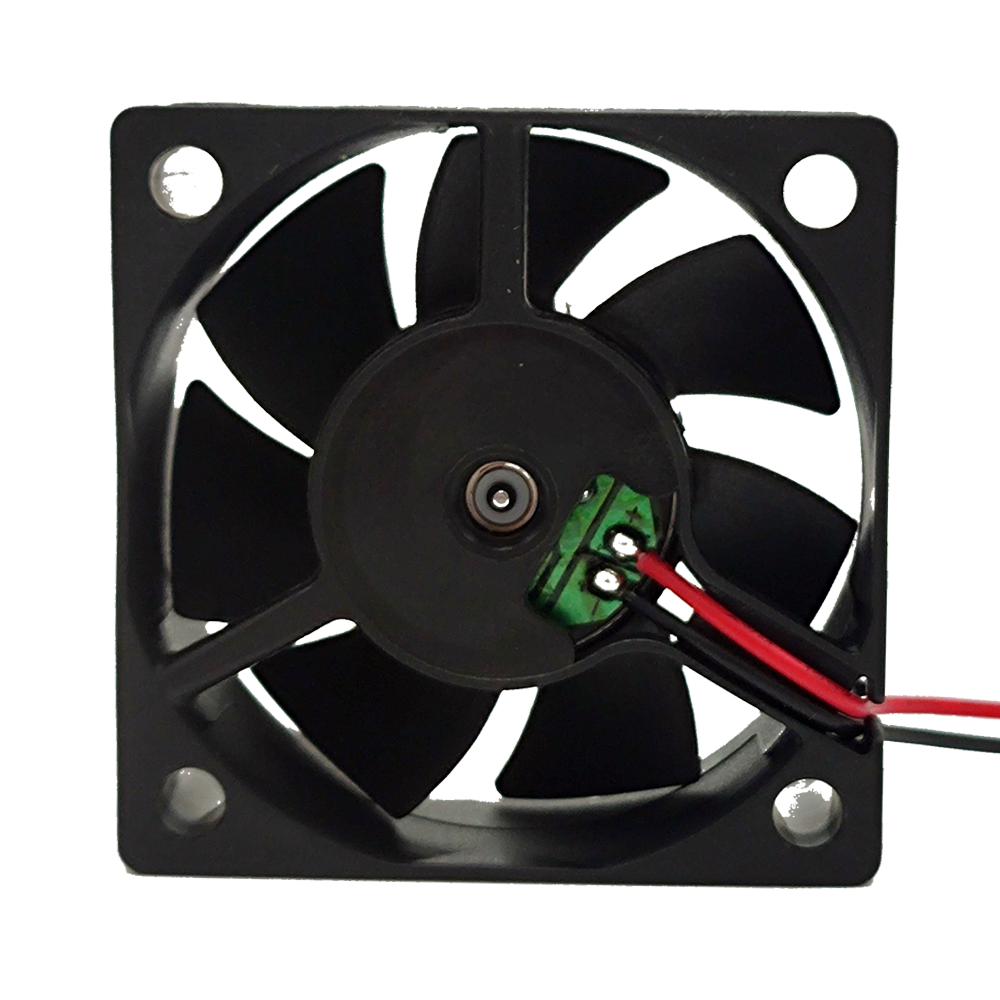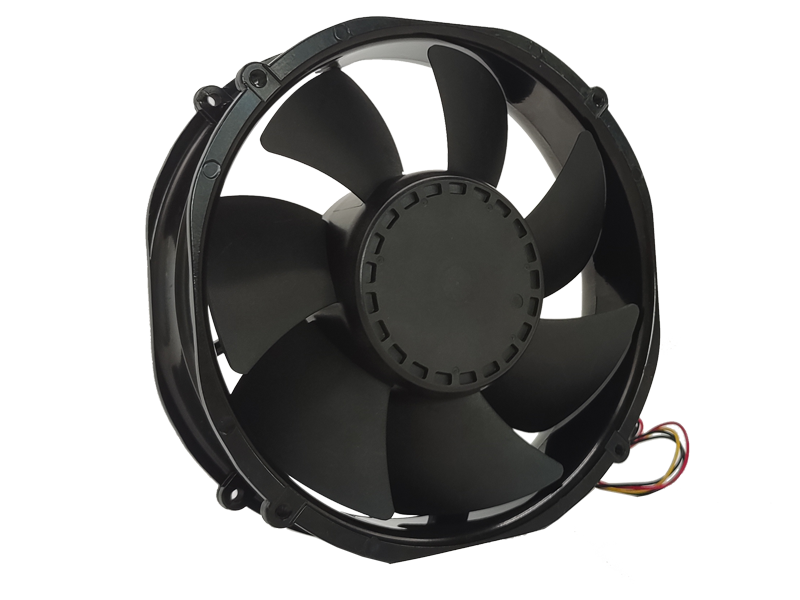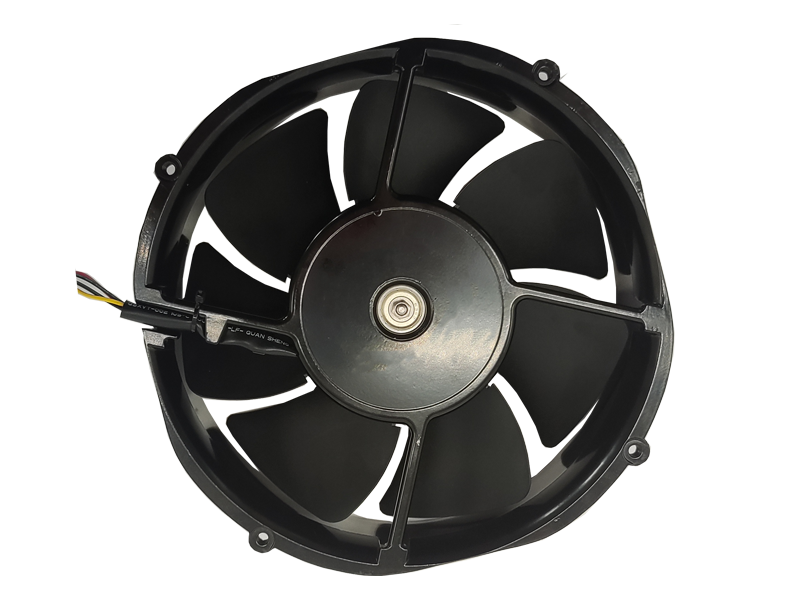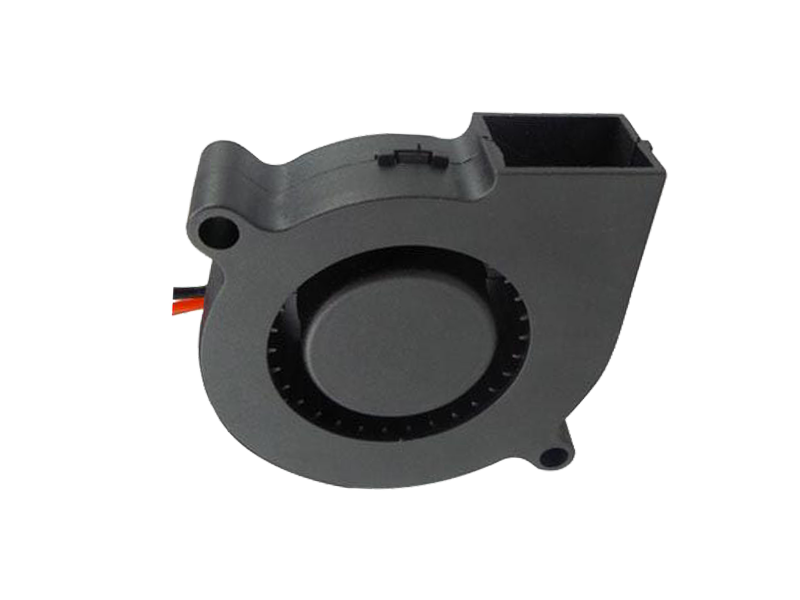In the quest for more sustainable manufacturing practices, energy-efficient solutions have become more important than ever before. Industrial fans, which are widely used for ventilation, cooling, and air movement, are integral components of many manufacturing systems. Given their significant role in maintaining operational conditions and energy consumption, the selection and optimization of industrial fans are crucial for achieving sustainability goals in modern manufacturing environments. This article examines the role of industrial fans in sustainable manufacturing and explores how they contribute to reducing energy costs and minimizing environmental impact.
The Importance of Sustainable Manufacturing Practices
Sustainable manufacturing is about creating products in ways that minimize environmental impact, reduce energy consumption, and conserve natural resources. As industries continue to expand globally, the pressure to implement sustainable practices has increased. Companies must find ways to reduce their carbon footprint, comply with environmental regulations, and meet the growing demand for eco-friendly products and practices.
In this context, industrial fans play an important role. Fans are used in a wide variety of applications, from cooling machinery and removing contaminants to providing ventilation in large industrial spaces. By improving the efficiency of these fans, manufacturers can reduce their overall energy consumption and lower their operating costs, all while contributing to a more sustainable operation.
How Industrial Fans Contribute to Sustainable Manufacturing
Energy Efficiency as a Key Factor
One of the primary ways in which industrial fans support sustainable manufacturing is through their energy efficiency. Fans are essential in many industrial processes, but they are also significant consumers of electricity. With energy costs continually rising, reducing energy consumption is a priority for many companies. Modern industrial fans feature advanced motor technologies, improved aerodynamics, and variable speed drives, all of which help reduce energy usage.
By selecting fans with higher efficiency ratings and utilizing intelligent control systems, manufacturers can ensure that their fans operate only when necessary and at optimal speeds. Variable speed drives, for example, allow the fan to adjust its speed based on real-time conditions, ensuring that it doesn’t waste energy when less airflow is required. This adaptability leads to significant reductions in energy consumption and associated costs.
Minimizing the Carbon Footprint
As manufacturers strive to reduce their carbon footprint, efficient industrial fans can play a crucial role. Since fans are used in a wide range of applications, from ventilation to cooling, optimizing their performance helps reduce the overall carbon emissions of a facility. By choosing energy-efficient fans that consume less power and produce fewer greenhouse gas emissions, companies can lower their environmental impact.
Additionally, fans equipped with advanced materials and coatings can operate for longer periods without requiring frequent maintenance or replacement. This reduces the environmental burden associated with manufacturing and disposing of old fans, contributing to the overall sustainability of the operation.
Improved Indoor Air Quality and Worker Health

Sustainable manufacturing isn’t just about reducing energy consumption; it also involves creating healthier and safer work environments. Industrial fans help maintain good indoor air quality by removing pollutants, dust, and fumes from the air. This is particularly important in industries such as construction, chemicals, and metalworking, where harmful substances can pose significant health risks.
By improving air quality and regulating temperature and humidity levels, industrial fans contribute to a safer and more comfortable working environment. In turn, this enhances worker productivity and reduces the number of health-related issues, leading to fewer sick days and lower medical expenses for employers.
Reducing the Need for Additional Cooling Systems
In many manufacturing environments, industrial fans work in tandem with air conditioning or refrigeration systems. By optimizing fan performance, companies can reduce the need for additional cooling systems, which are typically energy-intensive. By using fans to improve airflow and promote natural ventilation, manufacturers can rely less on air conditioners and chillers, leading to significant energy savings.
This also benefits the environment by reducing the amount of energy needed to cool large spaces, thus lowering greenhouse gas emissions associated with energy production.
Key Features of Industrial Fans That Promote Sustainability
Variable Speed Drives (VSDs)
As mentioned earlier, variable speed drives (VSDs) are essential in promoting energy efficiency. VSDs allow fans to adjust their speed based on real-time airflow and temperature requirements. This ensures that fans are not running at full power unnecessarily, reducing energy consumption. By implementing VSDs in industrial fan systems, companies can optimize their energy usage, reduce wear and tear on motors, and extend the lifespan of their fans.
High-Efficiency Motors
Industrial fans with high-efficiency motors consume less power, producing the same level of airflow with reduced energy inputs. Modern motors are designed with better insulation and advanced cooling features, improving their performance and longevity. These high-efficiency motors reduce operational costs and minimize environmental impact by consuming less electricity.
Smart Control Systems
The integration of smart control systems into industrial fan systems is becoming increasingly popular. These systems use sensors to monitor environmental conditions such as temperature, humidity, and air quality, automatically adjusting fan speeds to meet the current demand. This automation eliminates the need for manual control and ensures that the fan operates only when necessary, thus saving energy.
Conclusion
Industrial fans are integral to modern manufacturing, and their efficiency has a direct impact on the sustainability of a business. By reducing energy consumption, minimizing carbon footprints, and improving air quality, industrial fans play a crucial role in promoting sustainable practices in manufacturing. Selecting the right fan, with the appropriate energy-efficient features, can result in significant savings and a more environmentally friendly operation. For manufacturers looking to embrace sustainability, investing in high-performance, energy-efficient industrial fans is a crucial step toward a greener future.
Recommended Products

The main purpose:Car charging station

The main purpose:Car charging station

The main purpose:Electronic refrigerators, water dispensers, direct drinking machines, inverter power supplies
Address:No. 4137, Longgang Avenue (Henggang Section), Henggang Community, Henggang Street, Longgang District, Shenzhen
hotline:13530005572(Chen)15112579390(Li)


Welcome all friends to come for consultation and negotiation.
Copyright 2024 @ Shenzhen Youneng Xinyuan Electronics Co., Ltd.,(industrial fans,industrial blowers,axial fans,cooling fans manufacturer,centrifugal fans,ac cooling fans,dc cooling fans)